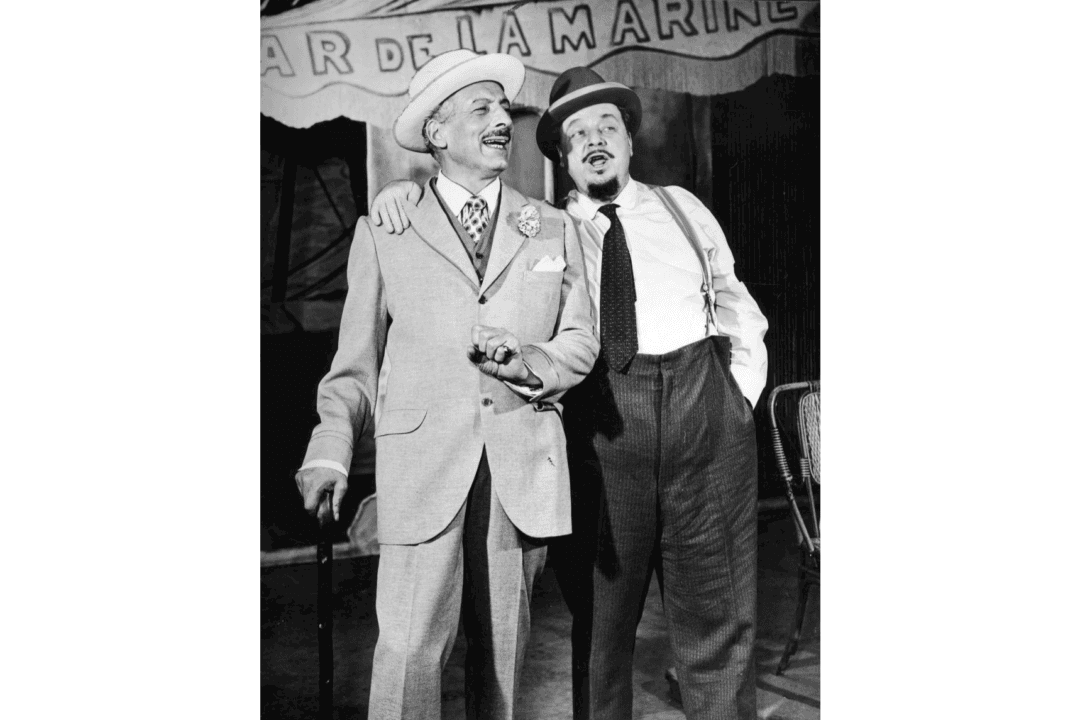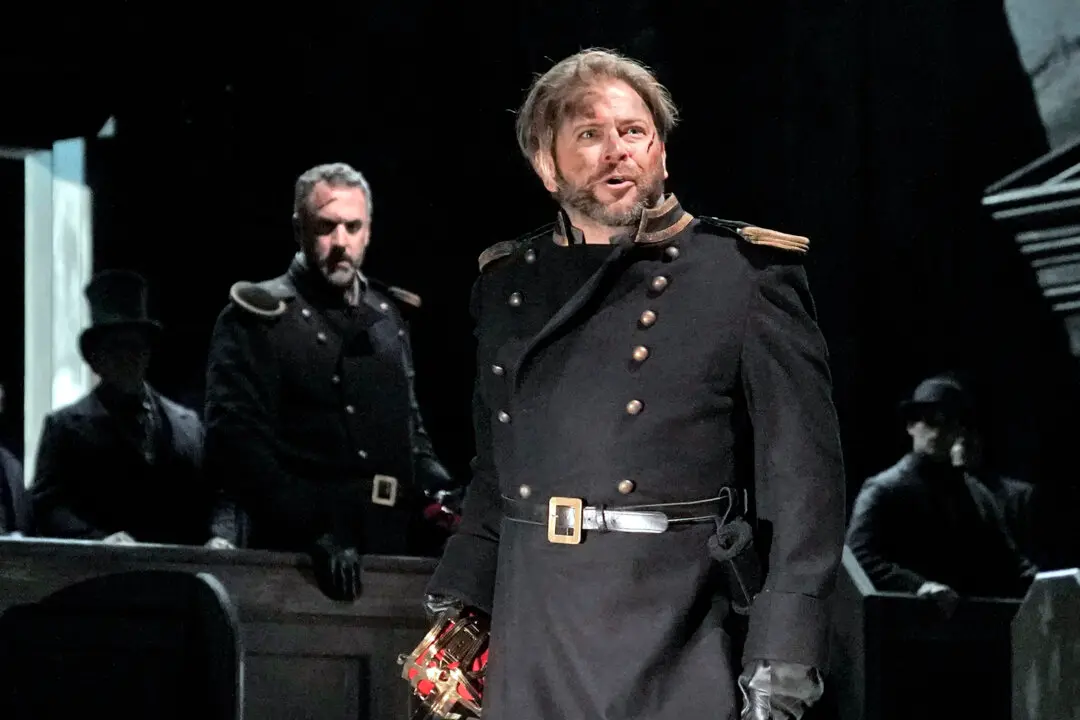Singers often do much more than just sing on the stage. Many have made their way onto the screen, not just as featured musical performers but also in prominent acting roles, even if they had no training or experience as a thespian. Some got their start singing on the radio.
This trend is usually associated with pop stars, like Harry Styles in the last 10 years or Bing Crosby during the Golden Era of Hollywood.






